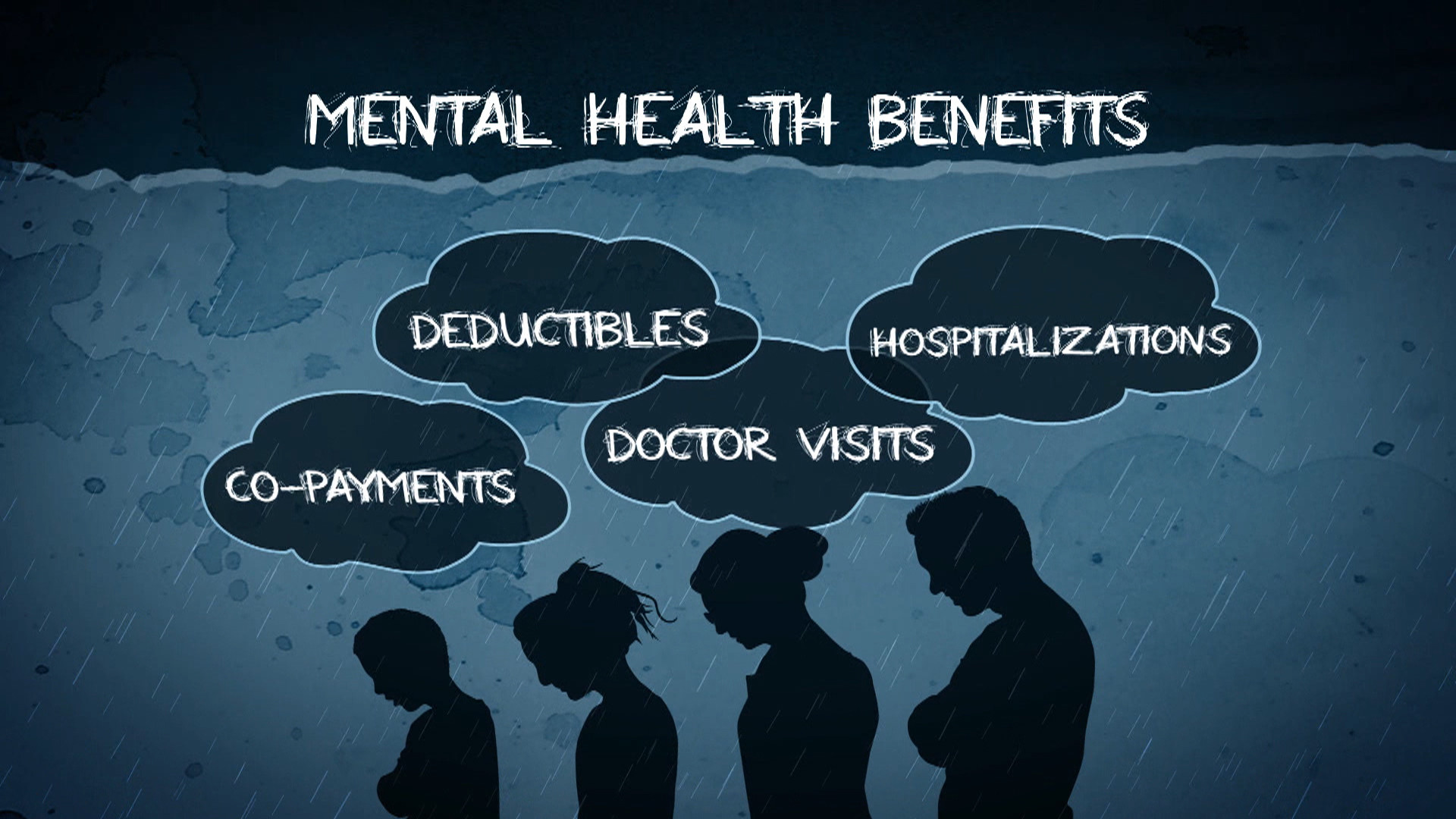
In today’s fast-paced world, where stress and pressures seem to be ever-present, tending to one’s mental health is more crucial than ever. The realm of mental health encompasses a wide range of emotions, thoughts, and behaviors that influence how we perceive the world and interact with those around us. Despite its importance, the terrain of mental health remains complex and often challenging to navigate alone. It is a multidimensional landscape that requires care, understanding, and support to maintain a healthy mind.
Understanding Mental Health
Mental health is a crucial aspect of overall well-being. It encompasses our emotional, psychological, and social well-being, all of which affect how we think, feel, and act. It is important to understand that mental health is not just the absence of mental illness but also the presence of positive attributes such as resilience, coping skills, and support systems.
Everyone experiences fluctuations in their mental health throughout their lives. It is completely normal to feel stressed, anxious, sad, or overwhelmed at times. However, it is essential to pay attention to these feelings and seek help if they persist or interfere with daily life. Taking care of our mental health is just as important as caring for our physical health.
One key component of understanding mental health is destigmatizing it. By promoting open conversations and understanding, we can create a more supportive environment for those who may be struggling. It is vital to recognize that mental health challenges can affect anyone and that seeking help is a sign of strength, not weakness.
Supporting Mental Wellness
In order to support mental wellness, it is essential to prioritize self-care and establish healthy habits. Taking time for oneself, engaging in activities that bring joy, and practicing relaxation techniques can all contribute to a positive mental state. It is crucial to listen to one’s own needs and respond with compassion and understanding.
Seeking professional help when needed is another important aspect of supporting mental wellness. Therapy or counseling can provide valuable tools and strategies for managing stress, anxiety, and other mental health challenges. Speaking to a trained professional can offer new perspectives and guidance on how to navigate difficult emotions and situations.
Mental Health Continuing Edcuation
In addition to self-care and professional help, building a supportive network of friends, family, or peers can greatly impact mental wellness. Surrounding oneself with individuals who offer encouragement, empathy, and a listening ear can create a sense of belonging and connection. Sharing experiences and emotions with others can foster a sense of community and provide a source of strength during times of struggle.
Breaking the Stigma
In today’s society, there is a growing awareness surrounding mental health. Individuals are opening up about their struggles, seeking support, and sharing their experiences with others. This shift in mindset is crucial in breaking down the stigma associated with mental health conditions.
By fostering conversations and promoting understanding, we can create a more inclusive environment that supports individuals facing mental health challenges. It is important to acknowledge that mental health issues can affect anyone, regardless of age, gender, or background. Breaking the stigma means recognizing the validity of these struggles and offering empathy, support, and resources to those in need.
Empathy and education are key in dismantling the stigma around mental health. By listening without judgment and learning about different conditions and experiences, we can create a more supportive and compassionate community. Together, we can work towards a future where mental health is openly discussed and where seeking help is viewed as a sign of strength, rather than weakness.


